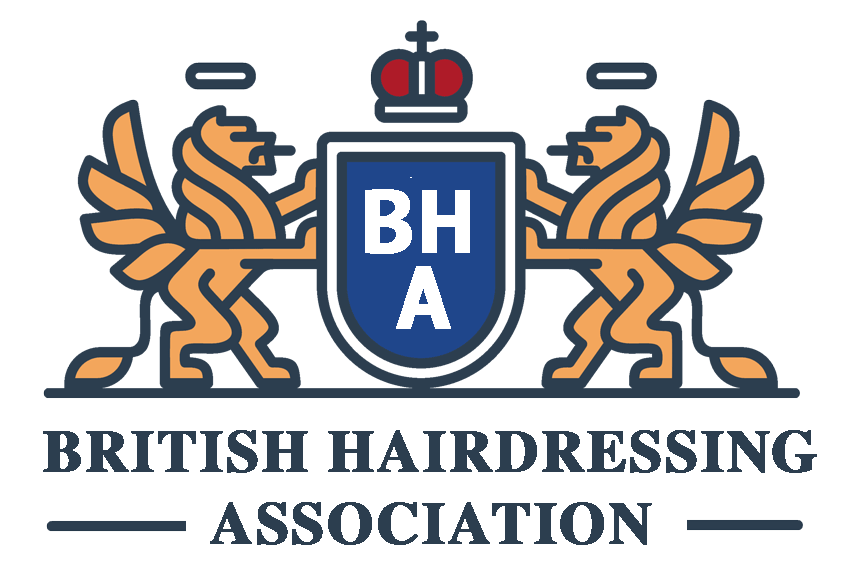Do I Need a Different License for Different Hairdressing Services?
Do I Need a Different License for Different Hairdressing Services?
In the hairdressing industry, one common question is whether you need different licenses to offer various services. The simple answer is: It depends on your location and the specific services you plan to offer.
Understanding Licensing Requirements
Licensing requirements for hairdressers can vary significantly across different regions, states, and countries. Typically, a general cosmetology or hairdressing license covers a broad range of services. However, there are exceptions where additional certifications might be necessary:
General Hairdressing License: Most jurisdictions require hairdressers to hold a general cosmetology license. This allows you to provide basic services such as cutting, styling, and coloring hair.
Specialized Services: If you plan to offer specialized services like hair extensions, keratin treatments, or chemical straightening, some places may require additional training or certification. For example, offering chemical treatments often requires knowledge of specific safety protocols that go beyond basic cosmetology training.
Advanced Hairdressing Techniques: Techniques such as scalp micropigmentation, trichology (hair and scalp treatments), or advanced dyeing techniques might necessitate specialized courses or certifications.
- Health and Sanitation Compliance: Certain services involving skin contact, such as shaving or face massages, might need you to comply with health and sanitation regulations, which could include additional certifications from health authorities.
Stay Informed and Compliant
To ensure you meet all legal requirements and provide safe, high-quality services to your clients, follow these steps:
- Check Local Regulations: Consult your local licensing board or authority to understand specific requirements for your area. Websites of licensing boards often provide detailed information on the types of licenses and certifications needed.
- Enroll in Accredited Programs: If additional certification is required, enroll in accredited training programs. Many institutions offer both in-person and online courses tailored to specific hairdressing techniques and services.
- Continuing Education: Stay updated with the latest trends and regulatory changes by participating in continuing education programs. This not only helps in maintaining your license but also enhances your skills and services offered.
In summary, having a general hairdressing license covers many basic services, but specialized or advanced services might require additional certification. Always verify with local authorities to ensure compliance and provide the best care and expertise to your clients.


